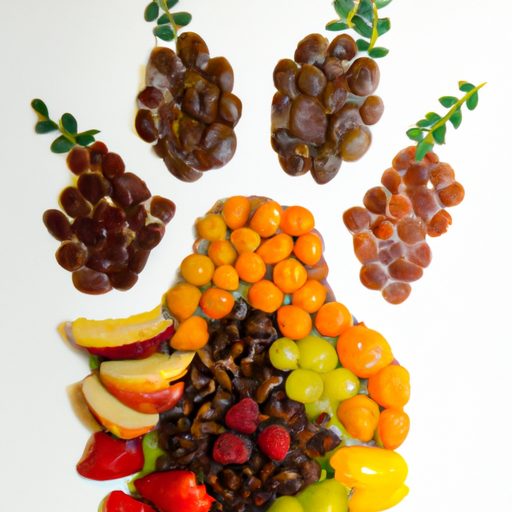You’re a caregiver, a nurturer, a guardian of fur-babies, and you want to provide the best for your canine companion. Let’s explore the world of canine nutrition together, understanding what food is not just palatable, but also healthful for dogs.
H2: The Canine Food Pyramid
Just like humans, dogs require a balanced diet to live a healthy life. They need a combination of proteins, carbohydrates, fats, vitamins, and minerals. Here’s a table to guide you:
| Nutrient | Percentage |
|---|---|
| Protein | 18-25% |
| Fats | 10-15% |
| Carbohydrates | 50-55% |
| Vitamins and Minerals | To complete the diet |
H2: The Right Proteins for Your Pooch
Proteins are the building blocks of life. They are essential for growth, tissue repair, immune function, and creating essential hormones and enzymes. Good protein sources for dogs include:
- Chicken: Easily digestible and packed with essential nutrients.
- Beef: A terrific source of high-quality protein.
- Fish: Particularly salmon, a great source of protein and omega-3 fatty acids.
H2: Fats – The Good, The Bad, and The Necessary
Fats are a concentrated form of energy for dogs. They provide essential fatty acids and carry fat-soluble vitamins. However, not all fats are equal:
- Good Fats: Fish oil, flaxseed oil, and chicken fat are great sources of healthy fats.
- Bad Fats: Avoid trans fats and limit saturated fats from sources like butter or bacon drippings.
H2: Carbohydrates – To Feed or Not to Feed
Carbohydrates provide dogs with energy, fiber, and various vital nutrients. However, they should make up no more than half of a dog’s diet. Healthy sources include:
- Whole grains: Such as brown rice, oatmeal, and quinoa.
- Vegetables: Potatoes, peas, and sweet potatoes are excellent sources.
H2: Vitamins and Minerals – The Micro-Nutrient Magic
Vitamins and minerals play crucial roles in body functions such as bone health, hormone regulation, and energy production. Dogs need a variety of vitamins and minerals, including:
- Vitamins: A, B, C, D, E, and K.
- Minerals: Calcium, phosphorus, potassium, and zinc.
FAQ
Q1: Can I feed my dog a vegetarian diet?
Yes, but it’s challenging to ensure they get all the necessary nutrients. Consult a vet before making this decision.
Q2: Is it okay to give my dog milk?
Some dogs are lactose intolerant. It’s best to avoid milk to prevent digestive issues.
Q3: Can dogs eat eggs?
Yes, eggs are safe and nutritious for dogs. However, they should be cooked to avoid the risk of salmonella.
Q4: Is it safe to feed dogs with human food?
While some human foods are safe for dogs, others can be toxic. Always research or consult a vet before sharing your food with your dog.
Q5: How often should I feed my dog?
Typically, dogs should be fed twice a day. However, puppies and certain breeds may require more frequent meals.



